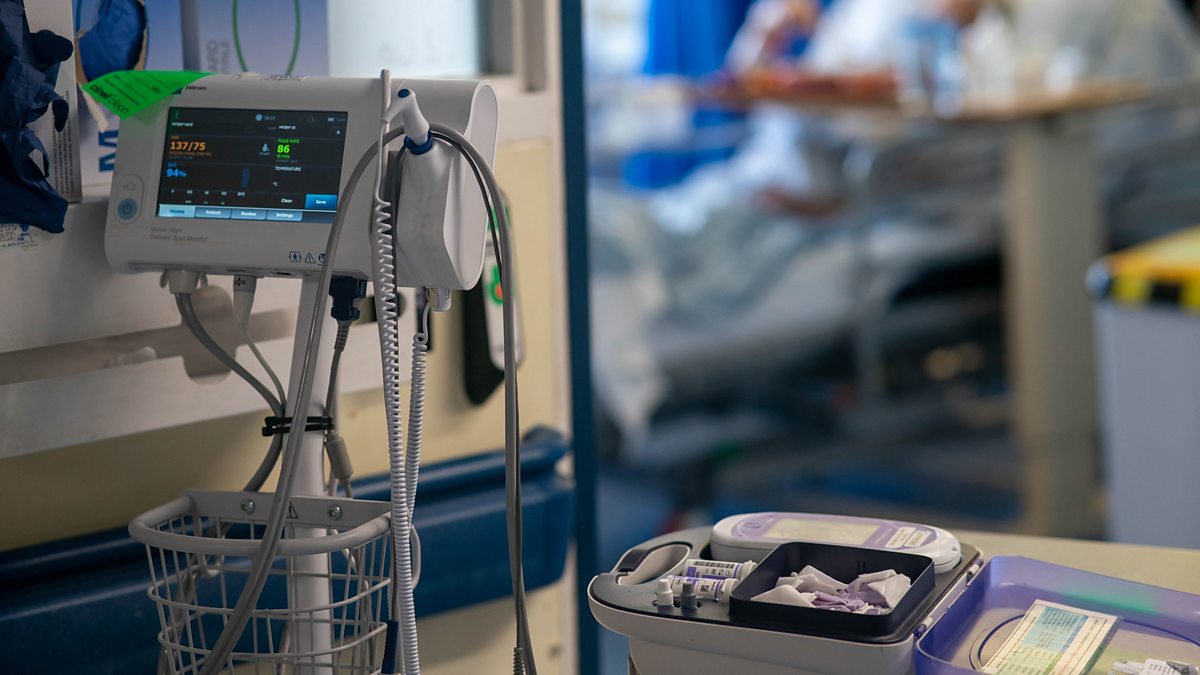ARTICLE AD BOX
The backlog in routine hospital treatments in England has reached its lowest level for two years.
Data for the end of April showed the waiting list dropped to 7.39 million, down from 7.42 million in March.
But it is nine years since the NHS has met its target of 92% of patients being seen in 18 weeks – currently it is just below 60%.
The government has made meeting the target one of its key missions for this parliament – and on Wednesday announced above-inflation rises for the NHS in the coming years to help achieve it.
Responding to the latest figures, Health and Social Care Secretary Wes Streeting, said: "We are putting the NHS on the road to recovery."
And he added this was "just the start" as the extra investment announced in the spending review, which will see the NHS budget rise by 3% a year in the next three years, combined with reforms that will be announced in the 10-year plan due next month, would help build on what has been achieved.
The drop in the numbers on the waiting list, which covers people waiting for routine treatments like hip and knee operations, came after March saw a rise in numbers – the first time in six months the waiting list had gone up.
Although a little bit of fluctuation from month to month is normally seen, the government said it was clear the numbers waiting were on a downward trend.
The peak occurred in September 2023, when the waiting list climbed to nearly 7.8 million.
Meghana Pandit, of NHS England, said the progress being made was "thanks to NHS staff".
"We are determined to continue on this trajectory for patients as staff work to turn the tide for patients waiting for care, and while huge pressure on services remains, we are starting to see a real difference across our services."
Key targets for cancer care and A&E continue to be made, although there are signs of progress, the government said.
The health services in the rest of the UK nations are also missing their key targets.
Dr Tim Cooksley, president of the Society for Acute Medicine, said significant problems still remained in England, pointing out that the number of 12-hour waits in emergency departments went up last month compared with the previous year.
He said a major problem facing hospitals was the lack of social care available in the community.
This causes delayed discharges where patients fit to leave hospital cannot go, because they need support to return home or to a care home. That in turn slows the ability of hospitals to see new patients coming in via A&E, or for routine treatments.
He said: "Social care remains unaddressed - and will do for the foreseeable future after the spending review announcement - so patients will continue to wait extended periods of time and often in corridors.
"The issue remains that, for all the rhetoric of investment, plans and solutions, the government is too focused on short-term quick wins which will fail to deliver effective and lasting change."

 1 day ago
5
1 day ago
5








 English (US) ·
English (US) ·